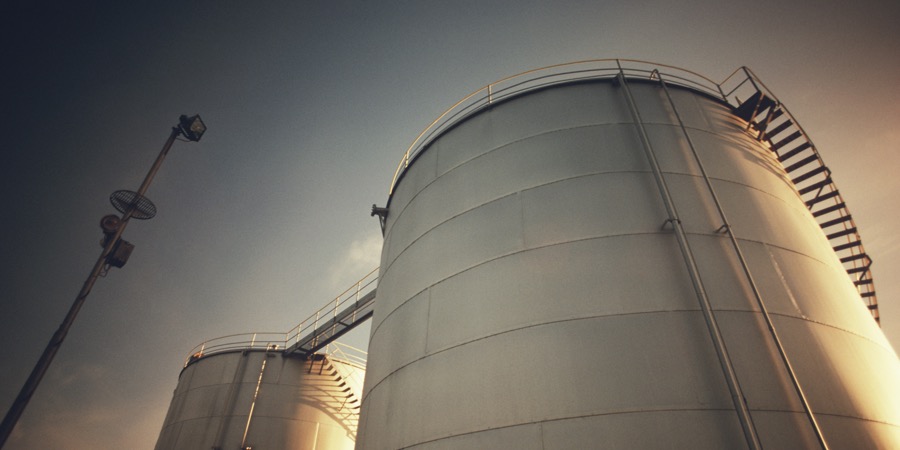The International Liquid Terminals Association (ILTA) has written a letter to Majority Leader McConnell, Speaker Pelosi, Leader Schumer and Leader McCarthy, requesting the establishment of a fund for to “reward, retain and recruit essential workers”.
In the opening of the letter it said: “We write to express our support for a proposal to establish a COVID-19 “Heroes Fund” for the provision of pandemic premium pay to reward, retain and recruit essential workers. Our organizations together represent the combined workforce responsible for the storage, loading, trucking and distribution of diesel and gasoline fuels.”
Without the continued work performed by these operations professionals, it said the fuel required to move critical supplies and people – including essential workers in other industries – would become unavailable: “A program to provide hazard pay and recruitment bonuses to support the critical workforce responsible for the distribution of diesel and gasoline would clearly strengthen the resilience of this critical energy sector, our nation’s ability to respond to the virus, and the health of our entire economy.”
It said Fuel Distribution Workers are essential critical infrastructure workers. On March 28, the US Department of Homeland Security’s Cybersecurity and Infrastructure Security Agency (CISA) released its Guidance on the Essential Critical Infrastructure Workforce.
The CISA guidance includes an advisory list of essential workers in critical energy infrastructure. CISA includes under the essential designation, workers involved in the storage and transportation of petroleum products at terminals, storage facilities and racks. It also specifies those working in road transport for end-use fuels such as gasoline, diesel fuel, jet fuel and heating fuels or feedstocks for chemical manufacturing, and those employed at retail fuel centres such as gas stations and truck stops, and the distribution systems that support them.
It said: “Fuel Distribution Workers are front-line workers. Our members’ companies are committed to making every effort to ensure the health and safety of their workforce. At the same time, the work of transferring fuel products at each step in the distribution chain by its nature requires individuals to be in physical proximity.
“Operators at tank storage facilities must be present onsite to assist with truck loading rack operations, and tanker truck drivers must visit these storage facilities and physically handle loading equipment. As new drivers are assigned to distribution routes –- in some cases due to regular drivers becoming symptomatic or exposed to COVID 19 – storage terminal facility personnel must provide one-on-one training to these replacement personnel to ensure safety requirements are understood. Social distancing can be incorporated into these interactions to varying degrees depending on the circumstances. Still, in some instances, fuel distribution workers may bear a greater risk of exposure during their daily duties than is the case for most of the American workforce.”
It also said small businesses have a role in the Fuel Distribution Sector: “Small business owners constitute a substantial portion of employers in the fuel distribution sector. Approximately 56% of NTTC carrier and fleet members are consider small, independent companies. A third of ILTA member companies have fewer than 60 employees and 60% have fewer than 200 employees. Moreover, smaller storage terminal companies are likely to face unique challenges. Smaller storage terminal companies may not have sufficient personnel to provide supervision ensuring that social distancing measures are observed during truck loading operations. These companies might also lack resources to develop digital, on-line options for trucker safety training at their facilities. We anticipate these smaller companies would be most likely to apply for government funding under the proposed program.”
Its conclusion was that government support should offer options, not mandates, for Fuel Distribution Companies: “It is important that any government policy to provide pandemic premium pay to essential workers not take a one-size-fits-all approach. Among ILTA members, each fuel storage facility is unique. Each storage terminal has its own footprint for loading operations and for physical access to its site. Social distancing measures that are appropriate at one site may be unworkable at another. The degree of worker exposure at each facility will necessarily differ.
For these reasons, it would be inappropriate, burdensome and economically inefficient for the federal government to require premium pay to all workers at all companies involved in fuel distribution. Any government program should be designed to offer additional options to assist qualifying companies in recruiting and retaining their critical workforce. Good governance demands that fuel distribution companies applying for funding should be required to document their unique circumstances necessitating government assistance for premium pay for affected workers.”
For more information visit www.ilta.org

















